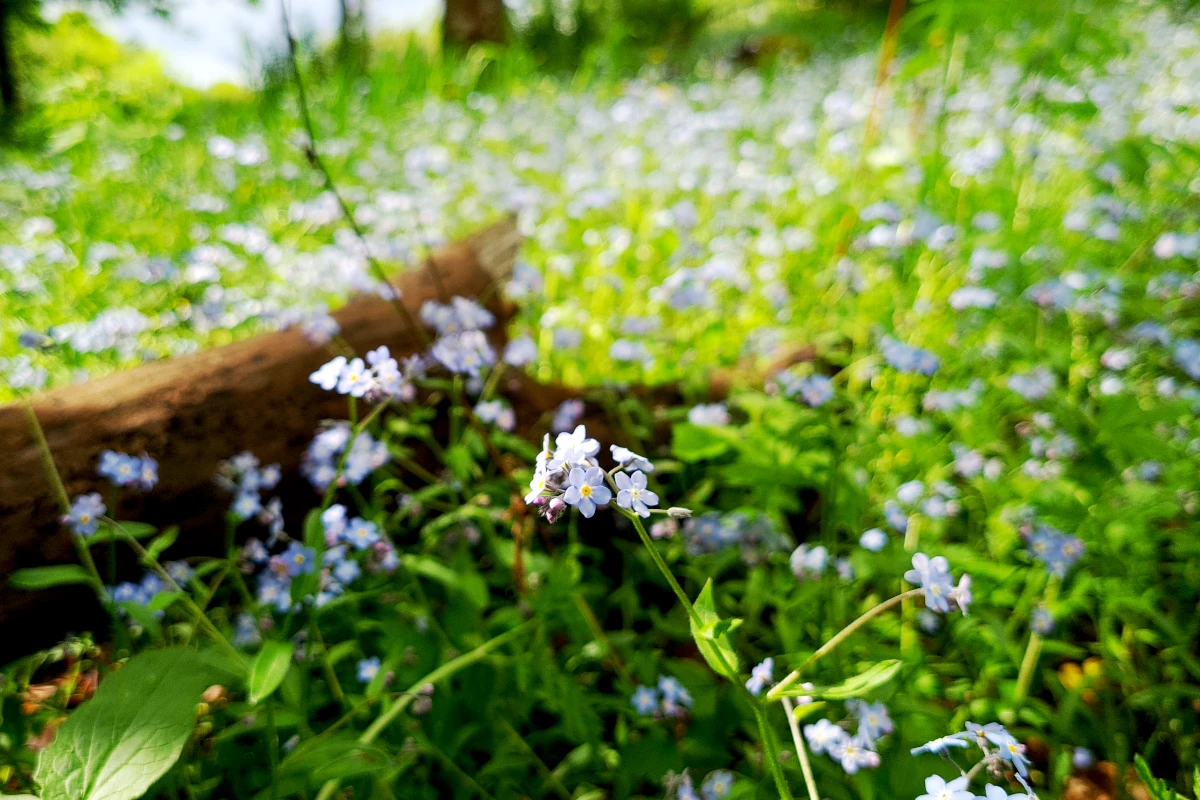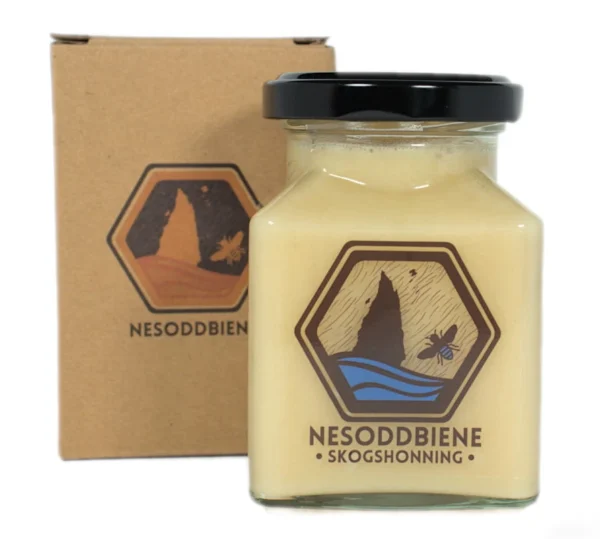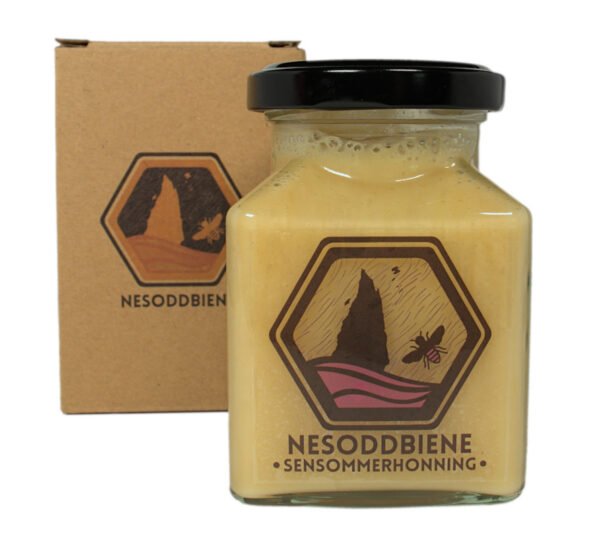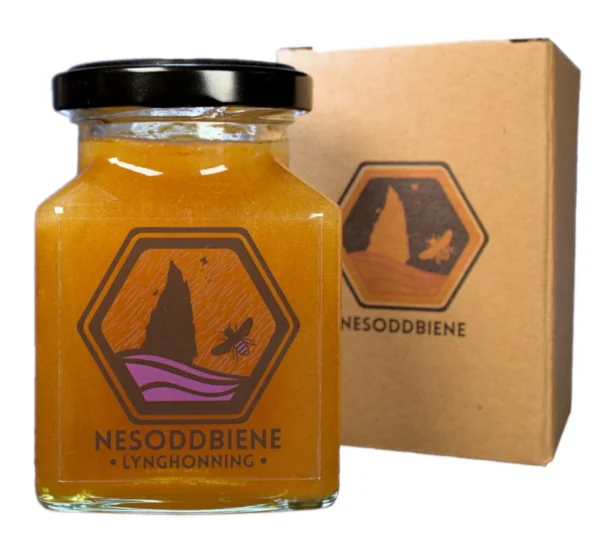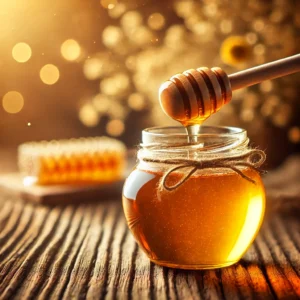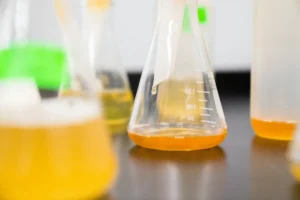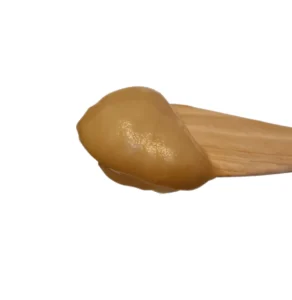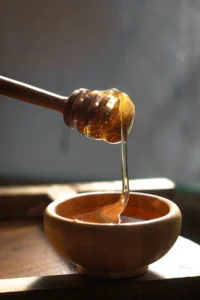Honey, a symbol of purity and natural sweetness, holds a special place in Norwegian culture and tradition.
Despite Norway's cold climate, beekeeping has been a longstanding tradition, dating back to the era of the Vikings over a thousand years ago. (See our article History of beekeeping in Norway.) While techniques have evolved, the love and respect for bees and honey remains unchanged.
Norwegians expect the honey to be absolutely 100% pure and raw, without anything added or removed. This means that Norwegian honey must remain entirely raw and unadulterated, free of any additives and free from all kinds of heating, including pasteurization. In fact, this stands so strong in Norway that there is an own Honey Regulation, stating what honey is and how honey can or can’t be treated during production.
Regulations for support
Regulations are often seen as strict barriers. We see it differently. The regulations are assurances of quality and safety for consumers. The provide clear guidelines for farmers and producers, ensuring consistency and fairness in the industry.
The Norwegian Honey Regulation
Enacted in 2003, with roots tracing back to 1932, the Norwegian Honey Regulation defines honey and outlines regulations for its production and labelling.
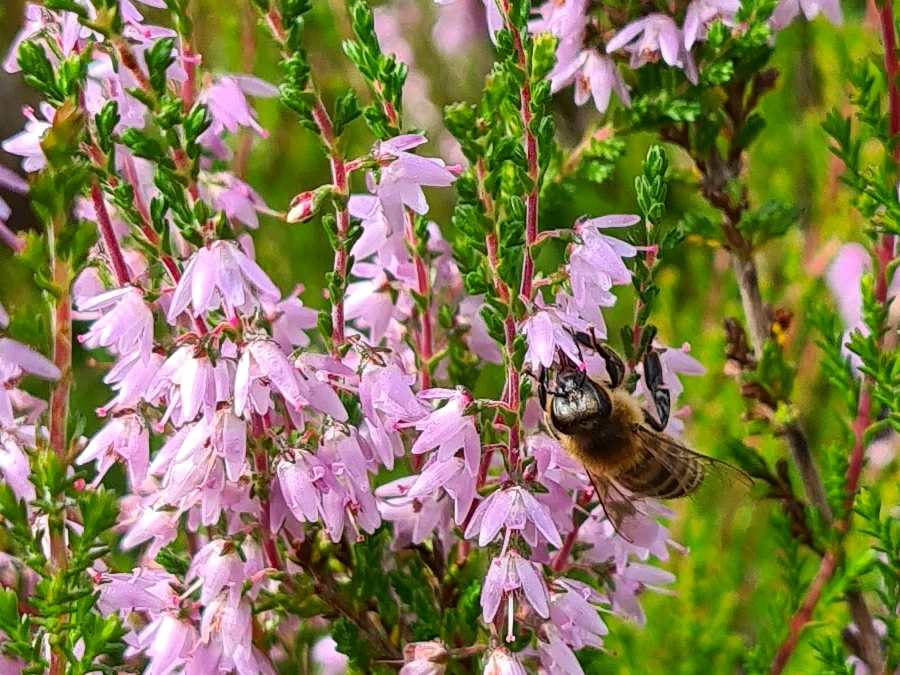
Definition of Honey (in Norwegian: honning)
"Honey is the product that Apis mellifera bees produce from plant nectar or honeydew from living parts of plants. This is collected by the bees, which transform it by mixing it with their own special substances. The bees deposit, store, and allow the honey to ripen in the honeycombs of the beehive."
The Norwegian Honey Regulation Appendix 1. Product Description and Product Definitions
In short terms it states: Honey can only be nectar or honeydew, that honeybees have collected from plants, stored, and ripen in the honeycombs.
Appendix 2 elaborates:
"Honey that is sold or traded as honey or used in a foodstuff shall not have added any other ingredients, including additives."
The Norwegian Honey Regulation Appendix 2. Criteria and specifications
To add sugar, syrup, spices, flavorings, or substances that enhance appearance or shelf life deprives the product of the right to be called honey in Norway. Nothing but pure honey can be labelled honey.
The regulation continues:
"…and it shall not have been heated in a manner that weakens or destroys the natural enzymes. This does not apply to baking honey."
The Norwegian Honey Regulation Appendix 2. Criteria and specifications
If the honey undergoes any form of heating, it can only be labelled and sold as “baking honey” (in Norwegian: bakehonning). This means that any honey sold under the label “honey” in Norway is aligned with what is commonly referred to as “raw honey” in many other countries.
Regulation on Filtered Honey?
"Pollen or the characteristic components of honey must not be removed [...]. This does not apply to filtered honey."
The Norwegian Honey Regulation Appendix 2. Criteria and specifications
Filtered honey is permitted under the Norwegian Honey Regulation, but it must be clearly labeled as "filtered honey." Products labelled as “honey” are expected to contain pollen, propolis, and other components typical of honey.
Similar scrutiny applies to heated and filtered honey, unless properly labeled as "bakehonning" or "filtrert honning."
Enforcement and supervision by the Norwegian Food Safety Authority
The Norwegian Food Safety Authority (NFSA) is responsible for enforcing and overseeing compliance with these regulations. This includes conducting thorough inspections and analyzing honey samples obtained from beekeepers, honey producers, and importers. Any honey found to contain additives, such as sugar or sugar syrup, is deemed fraudulent. Similarly, strict scrutiny is applied to heated and filtered honey, unless correctly labeled as “bakehonning” or “filtrert honning”.
Our Honey
$16.14 – $24.83Price range: $16.14 through $24.83
$19.38 – $29.82Price range: $19.38 through $29.82
To summarize these regulations and align them with international honey standards
"Honning" (English: honey) must adhere to strict criteria, being raw, pure, unheated, unpasteurized, and unfiltered.
There are two exceptions: heated honey, labeled as "bakehonning" (English: baking honey), or filtered honey, labeled as "filtrert honning" (English: filtered honey). However, even these exceptions must consist solely of pure honey, with no additives.
Purchasing Norwegian honey guarantees consumers a 100% pure, natural product with all the health benefits associated with honey. Additionally, Norwegian honey is sourced from wild landscapes, minimizing or eliminating the impact of agricultural activities.
Want to learn about different types of Norwegian honey? Read our flavor guide!"

